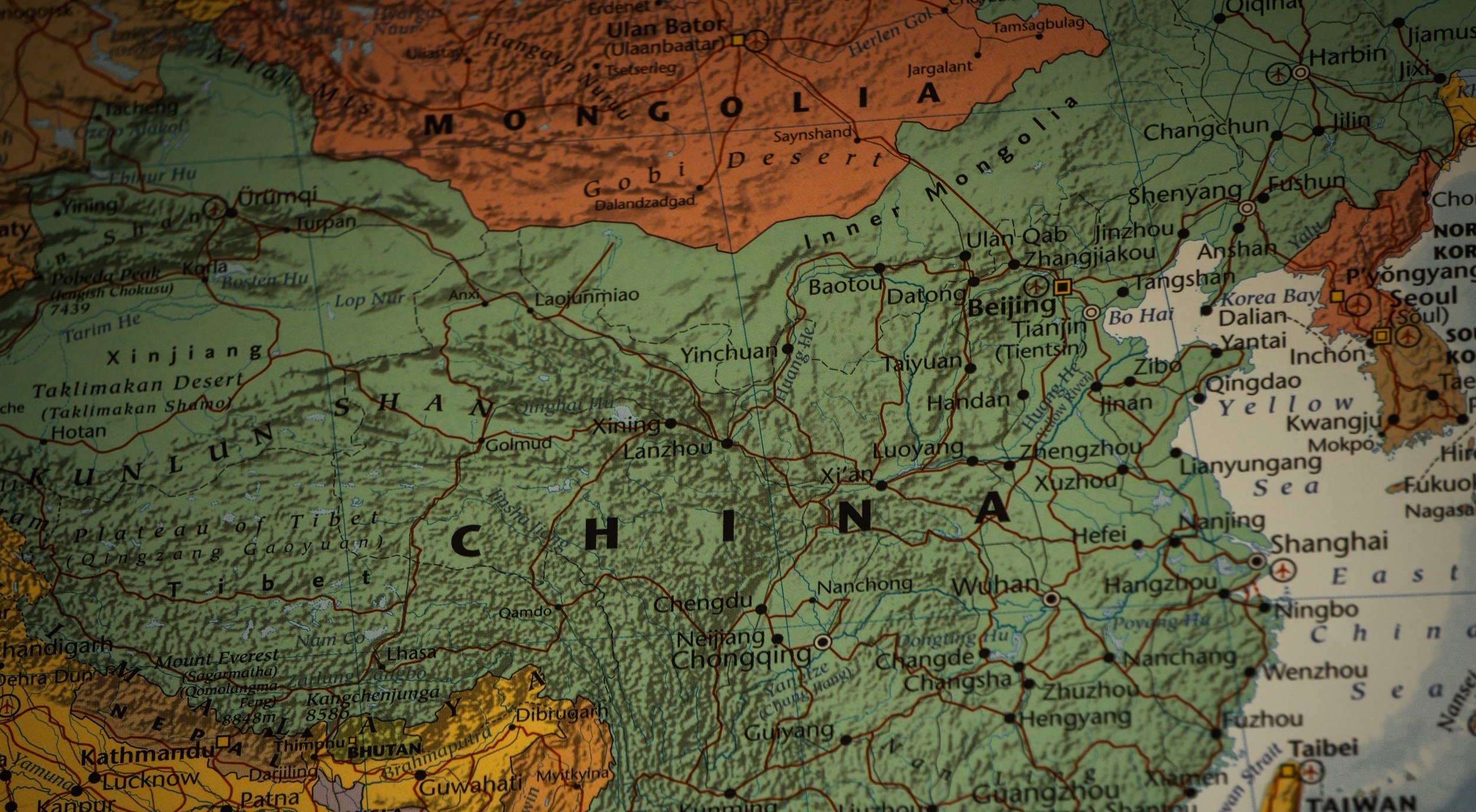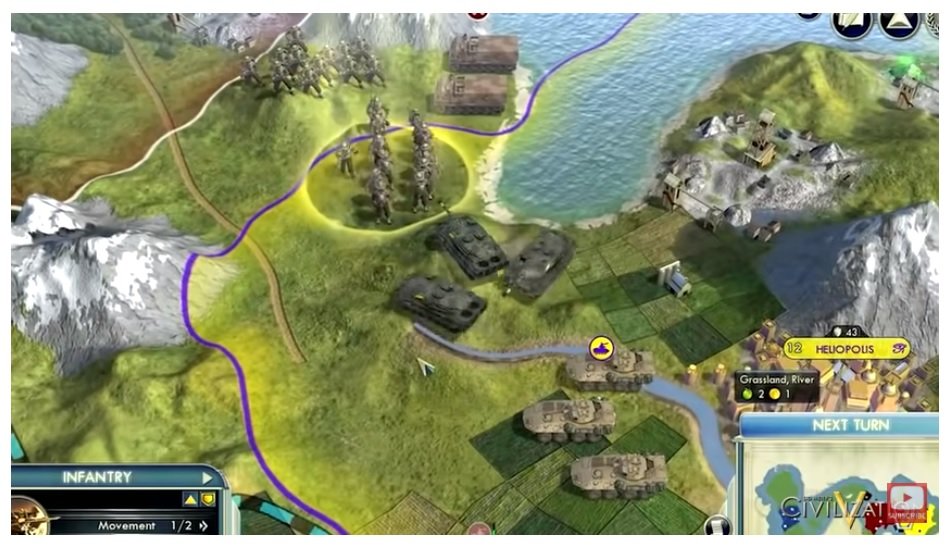Greek drama was itself embodied in the masks representing Melpomene, the Muse of tragedy, and Thalia, the Muse of comedy. This concept of characterization also provides an allegorical framework through which to consider some of the critical characteristics and skills necessary for strategists. Strategists need to have the ability to reconcile and balance opposing tensions, as represented by Thalia and Melpomene, engage in both reflection of the past and anticipation of the future like the Roman God Janus, emulate the contemplation and discernment of Judeo-Christian cherubim, and seek the aims of the embodiment of Lady Justice.
Writing Strategy 2022
Earlier this year, The Strategy Bridge asked civilian and military students around the world to participate in our sixth annual student writing contest on the subject of strategy. The response was once again amazing. We’ll publish the winners and some additional submissions earning an honorable mention in the coming weeks. In the meantime, congratulations to all the winners!
#Reviewing Habits of Highly Effective Maritime Strategists
Holmes argues the profession of arms requires habits of mind, heart, and deed that are compatible with, though distinct from, Covey’s principles. The thrust of Holmes’ book is elegant in its simplicity: aspirants and practitioners of military strategy alike should learn from the habits of history’s great strategists and understand how to emulate their behaviors in the present.
Unwelcome Surprises: How the Department of Defense Fails to Adequately Prepare for Climate Shocks
Shackled by Doctrines: Why Western Strategists Need to Start Taking Ancient Chinese Texts Seriously
The West should engage these texts not only to better understand China, but also ourselves. The continuous strife and uncertainty of the Warring States period propelled the great thinkers of that age to develop far reaching analyses of fundamental issues facing societies of all eras and cultures. Those writers sparked debates that deal with universal issues about human nature, governance, and warfare…None of this means that Eastern thinking should replace Western thought in our own professional military education institutions, but being able to identify, contrast, and synthesize alternate viewpoints remains vital to strategic success.
#Reviewing Winning Wars
The contributions in the text are easy to follow and highly interesting to read. The book is also very timely. It contributes a wide range of interesting material to ongoing debates about the future of war, the place of hybrid or grey operations as well as reminding us about the role of narratives, myth, and belief in shaping our understandings of what constitutes a win.
#Reviewing: Africa and Global Society: Marginality, Conditionality and Conjecture
Wright’s “Africa in Global Society,” despite being twenty years old, contains a set of timeless lenses for viewing Africa in the contemporary era: Regionality, Continentality, New Issue solutions, and Democracy. When analyzed through this four-pillared framework, strategic and political engagement strategies may be more coherently framed and contextualized to facilitate the elusive whole-of-government approach.
#Reviewing The Strategy of Denial
Elbridge Colby, a former Deputy Assistant Secretary of Defense for Strategy and Force Development and a leading official in the development of the 2018 National Defense Strategy, has the curriculum vitae to provide an authoritative reassessment of U.S. defense strategy. Anchored in theory and bolstered by historical references, the book provides valuable nuggets of information, but it stops short of being groundbreaking—particularly for readers who are already well abreast of Chinese affairs and the principles of strategy.
Melting the SOT Snowman: #Reviewing On Operations
On Operations is both well-written and a solid work of theory supported by strong historical research. One may argue against Friedman’s conclusions on the utility of the operational level of war as a valid concept, and a much smaller and more logical SOT Snowman, but one cannot argue that the arguments are not well constructed. Similarly, his articulation of operational art and its constituent disciplines are both logical and clear. Operational art represents something of a niche topic, but for those studying it, Friedman’s work is the proverbial must read.
#Reviewing Sid Meier’s! Lessons in Game Design: Civilization and Wargames
Constructing open worlds and the freedom to develop innovative strategies that incubate strategic minds or threaten authoritarian societies are the unexplored frontiers. The lessons in game design that Civilization offers are important for the developing wargame research community to understand as decision-making games become a critical part of the military education process.
#Reviewing Bitskrieg
In Bitskrieg, John Arquilla distills much from his three decades of advocacy about networked warfare into a compact volume accessible to a wide audience. He displays a continuing ability to produce provocative arguments and engaging books. The tenets of Bitskrieg are consistent with many of Arquilla’s previous writings. These include the point that networked warfare or netwar encompasses cyber conflict but extends beyond it.
#Reviewing The Other Face of Battle
Military history and its practitioners were long derided for their obsession with battle. The bugles and banners style of operational history, the standard approach of the discipline until the mid-1970s, has cast a long shadow of exclusion and dismissal upon military historians and their purpose. That all changed when John Keegan’s The Face of Battle was released in 1976. Wayne Lee, Anthony Carlson, David Preston, and David Silbey come together in The Other Face of Battle to present the next step in Keegan’s cause while highlighting a serious flaw in his objective. This book and its four authors, all of outstanding reputation and pedigree, stand on the 40-year foundation set by the cultural turn. In a masterful homage to Keegan and with eyes to the future, Lee, Carlson, Preston, and Silbey take the iconic work and its framework into the present by asking questions that are as difficult as they are important.
Michelangelos of Strategy: Linguistic Chisels, Sculptural Forms, and the Art of Strategy
Strategy, like art, requires a unique talent and disposition, an eye for both minute detail and overall composition, time, training, and the uninhibited opportunity to create. There is no lack of talent, artistry, or creativity in the guild of American strategists. When given a block of marble and the latitude to truly innovate, the results can be astounding works of art. American strategy attempts to present a contrapposto, the relaxed confidence of a superpower with the slight twist of dynamic responsiveness to external actors or new challenges.
Strategic Drift in Afghanistan, from Bonn to the National Elections
Wars rarely follow straight paths from beginning to end. Belligerents constantly shift, seeking advantage and adapting to change, and the interaction takes its participants to places unimagined at the war's inception. Such has been the case for the American' war in Afghanistan. The U.S. started with clear strategic aims: defeat al-Qaeda and their Taliban hosts. Within months, military action had accomplished both. Yet, having achieved those aims, the war continued to escalate, and the war deviated from its expected path.
Relational Strategic Culture, Strategy-Making, and China
The concept of strategic culture gives fresh insights into China’s current strategy and behaviour, particularly in North-East Asia. Strategic culture also demonstrates the difficulty in separating the connection between ideational forces and the development and execution of strategy. This essay expands on the concept of strategic culture by incorporating relationality into the analysis. The argument is that a state’s strategic preferences are shaped normatively over time through consistent inter-state relations. This essay looks at China’s relationships with North Korea and Japan as case studies, before commenting on the implications of relational strategic culture for China’s future actions and the future of strategy.
Data Analytics in the Combatant Command: Improving the Approach to Decision-Making
To complete their missions, combatant commanders will, out of necessity, leverage data as a weapon system as it constitutes the basis of information development within the commander's decision space. With new sensors, the amount of collected data continues to climb, making more data available for transformation into actionable information supporting decision-making. Given the enormous volume of data that presently exists and the supply of trained analysts within a command, the commander and staff are assumed to have the capability to effectively employ data analytics to support the planning and execution of operations within the area of responsibility decisively. The perception is partially true.
The Lion and the Mouse: The Need for Greater U.S. Focus in The Pacific Islands
The Pacific island countries, a cluster of fourteen states and home to nine million people, share a profound legacy of appreciation, trust, and shared values with the U.S. The Pacific island countries historically reflected the U.S. preference for diplomatic norms in the way of life and international organizations. Unfortunately, in recent years this congruence has become precarious. The catalyst for this shift can be tied to China actively exerting influence in Pacific island countries through development, economic aid, and security cooperation that endangers the relationship the U.S. shares with them. Chinese diplomatic and economic engagement in the Pacific island countries threatensU.S. influence and values in the region and will become an existential threat to security if not addressed. The U.S. strategy can counter China's power projection in the Pacific island countries by maintaining the existing soft power presence in the region and amplifying the Biden administration's efforts to mitigate climate change. The U.S. can also capitalize on the emerging need for economic development by investing in vaccine diplomacy to fight against COVID-19 to reiterate the U.S. commitment as a partner of choice to the region.
The Strategic Cost of Transnational Corruption
The authors of the next National Security Strategy must ask how U.S. national security agencies fit in the anticorruption landscape. To inform the development of a comprehensive strategy to address corruption, they should consider how the use of foreign policy tools by national security and foreign policy agencies, from seemingly benign foreign assistance to tactical foreign subversion, interact with and potentially amplify the very challenges they seek to remedy.
Sharpening the Blunt Tool: Why Deterrence Needs an Update in the Next U.S. National Security Strategy
Recent thinking on deterrence has evolved beyond these simple logics. Now emerging concepts such as tailored deterrence, cross-domain deterrence, and dissuasion offer new ideas to address criticisms of deterrence in theory and practice. Therefore, the most vital question for the new administration is: how should the U.S. revise its deterrence policy to best prevent aggression in today’s complex environment? A review of the problems and prospects in deterrence thinking reveals that in addition to skillfully tailoring threats and risks across domains, U.S. policymakers should dissuade aggression by offering opportunities for restraint to reduce the risk of escalation.
America’s Winning Culture: A Road to Ruin in the 21st Century
The United States’ cultural obsession with winning precludes an effective grand strategy. Since 1945, and increasingly since the end of the Cold War, American military and economic dominance has been so great this fixation was unimportant. However, with China’s rise, America no longer has this luxury and needs a bona fide grand strategy. Americans’ distaste for the sporting tie has fostered a national culture whose tendrils have infested foreign policy decision making. Absent a dominant global military position, the U.S. must learn to prioritize and take risk.





















